Annual Report 1969
1968 was a busy year for ATV Network, as this excerpt from their annual report for 1969 reveals

New ITA Contract

Your television subsidiary, ATV Network Ltd, commenced its new contract with the Independent Television Authority on the 30th July 1968. The results for this past year have therefore included approximately four months of the old licence period when the company operated partly in the Midlands and partly in the London area, and eight months of the new licence period when our operation was for all seven days of the week in the Midlands.
The Board of this subsidiary company was reconstituted during the year and two very distinguished figures with widespread involvement in the life of the Midlands accepted our invitation to become directors. Dame Isabel Graham Bryce had retired some two years previously as a Member of the ITA. She has, thus, a detailed knowledge of the working of IndependentTelevision and clear views about its future development and its responsibility in each region of the country. In addition, her work as Chairman of the East Midlands Hospital Board and in many other fields of social work in the Midlands, gives ATV Network a new strength.
Sir George Farmer is Chairman of the Rover Car Company and brings to your Board a lifetime of experience from the exceptionally competitive British engineering industry. He is also a Director of the great British Leyland Motor Corporation, and his knowledge of modern industrial practices, of labour relations work and marketing, including the vital export field, will be an immense benefit to the Company. Sir George’s interests also include his Chairmanship of the Royal Shakespeare Theatre and Pro-Chancellorship of Birmingham University.
In addition, Mr Leonard Mathews, the General Manager in the Midlands, was elected a Director during the year. We welcome all three.
The repercussions of the Independent Television Authority’s decision to change the structure of the industry have been both profound and disturbing.
A very great deal of time has been involved, both in internal reorganisation of ATV Network, and also in arriving at new networking and other arrangements for the exchange of programmes between the various companies for the new licence period.
A new contractor was brought into the group of companies which supply the network with most of its programmes. Thus five companies were called upon to make the same number of programmes as four did previously-with a commensurate rise in everyone’s costs. In the initial months of the new licence period ATV Network, therefore, found itself with a reduction in total output.
Subsequent network re-scheduling resulted in a sudden considerable increase in the total output required from ATV’s studios. This produced a most difficult and continuing problem for our staff at Elstree and Birmingham.
Television Levy
The increase in the Levy announced in the Chancellor’s Budget speech came like a bombshell. It is quite clear that a major miscalculation has been made. The financial viability of ITV had been drastically altered as a result of the redistribution of licences and the past decisions of the Government to change the line standard from 405 to 625, and to introduce colour. These decisions, together with the requirement for new Midland studios, created an additional capital requirement, which will amount to about £7 millions in ATV Network alone. Your Board had come to the conclusion before the Budget that every effort should be made to impress upon the Chancellor that the Levy should be reduced.
We have made representations and will continue to press the Government with the utmost vigour to make a very substantial reduction in the Levy.

Staff relations
Almost immediately following the change of licence last summer, the industry was subjected to a major and quite unnecessary national strike by its ACTT members. This strike was created partly by the lack of confidence within the industry as a result of the licence change. Only after the industry had suffered considerable losses was it possible to return to the ordinary negotiating machinery and ultimately find a solution.
Concurrently with the negotiations with ACTT, the industry reached new agreements with its other major Unions – NATKE, ETU, NUJ and Equity. It is well worth mentioning that the new agreement reached with Equity was extremely complex but was negotiated with great goodwill, with each side adjusting its position so that benefits could flow to both.
It is the earnest hope of your Board and the Board of ATV Network, that a new basis of sound relations has been created within the company for the future. Short term productivity agreements were reached both at our Elstree studios and at Birmingham to cover our present production activities. We have now asked each of the main Unions to negotiate with us long term productivity deals protecting both their individual interests and your company’s throughout the remaining five years of the present television licence. We have been pleased with the initial response from the Unions to these proposals. They are now under detailed negotiation but we will need the full understanding of our Union employees that the only way the company can afford to pay additional wages beyond the exceptionally high levels which already apply in this industry is in return for further direct calculable improvements in individual productivity.

New Midland Studios
We are well pleased with the progress in completing our new television studios at Paradise Centre in Birmingham. Both our architects and the equipment manufacturers have worked well with us to ensure that the new studios will be available for transmissions from the target date next month.
By the early part of 1970 all parts of the Paradise Centre Television Studios will be fully operational.
Programmes
The centre of ATV Network’s activities is in its programmes. In spite of the many difficulties of the past year, ATV has once again produced a wide range of programmes of all types. Some of the highlights of the past year are shown on page 13.
There have been indications of a reduction in the total amount of viewing for television programmes. The largest proportion of the decline has fallen to BBC programming in spite of its control of two channels and monopoly of free advertising for its television programmes on BBC radio – a very great advantage which BBC Television enjoys. In the last six months, ATV Network’s proportion of the total television audience has risen substantially, and now stands at approximately 56%, with BBC1 and BBC2 combined having 44%.
ATV Network’s Educational Advisory Committee has been reconstituted under the Chairmanship of Professor Ronald Maudsley.
ITN
Like the rest of the industry ITN must operate on the 625 line system and in colour later this year. ITN’s Board therefore had no alternative but to agree plans for the building of a new ITN Studio Centre in London. These studios when equipped will cost about £1.5 million and represent a further large but unavoidable capital outlay for the industry. There will also be higher running costs when programming is in colour.
We were delighted to hear that Her Majesty The Queen and His Royal Highness, the Duke of Edinburgh, have agreed to honour the industry by making the official opening of these studios in November.
UN’s major news programme, ‘News at Ten’, continues to appear regularly in the Top 20 charts and draws widespread international acclaim.
Your Managing Director, Mr Robin Gill, became the Chairman of ITN during the year.

Viewing Hours
Last Autumn the Government allowed a tiny extension in the hours of broadcasting available to the BBC and ITV. We were grateful for this first indication that our long-standing request for the complete removal of all restrictions on the hours of broadcasting might yet be brought about.
We do most earnestly recommend that this restriction should be removed. It is wholly out of date and against the interests of the viewer. There are significant minority and other groups in the population who cannot be reached so long as such restrictions continue to apply.
TV Times
The year saw the unhappy closing of our very successful Midland magazine TV World. This came about as a result of the ITA’s new policy, which required all companies to use one programme magazine for the whole country.
The new national magazine was a re-creation of the TV Times. This new project involved heavy pre-operational charges, and it has taken a very considerable time to produce a continuing trading profit from the venture.
EVR (Electronic Video Recording)
ATV Network continues to keep a careful watch on the many technological developments within the television and electronic industries.
One of the most promising of these developments is a process for playing cassetted programmes through your home television set. This system is called EVR and we are pleased that the first full programme produced for this new system will be one of ATV’s.
Some of ATV Network’s programmes in the past year
Plays
‘Macneil, Cornelius and Emlyn’ a trilogy by Alun Owen shown in world markets as ‘Male of The Species’*, ‘A Heritage and its History’ adapted from novel by Ivy Compton Burnett, ‘A Matter of Diamonds’ by Paul Lee, ‘Retreat’ by John Hale, ‘The Marrying Kind’ by David Reid, ‘Colombe’ adapted from Jean Anouilh, ‘The Square on the Hypotenuse’ by Anthony Skene, ‘Uncle Jonathan’ by Linette Purbi Perry, ‘Stealers of Darkness’ by Jacques Gilles, ‘A Most Unfortunate Accident’ by John Bowen.
Drama Series
‘The Power Game’, ‘Fraud Squad’, ‘Love Story’, ‘Crimebuster’, ‘Crossroads’, ‘Honey Lane’, ‘Virgin of the Secret Service’, ‘Driveway’.
Light Entertainment and Comedy
‘This is Tom Jones’, ‘The Liberace Show’, ‘The Des O’Connor Show’, ‘George & The Dragon’ starring Peggy Mount and Sid James, ‘It’s The Bachelors’, ‘The Golden Shot’, ‘Goodbye Again’ starring Dudley Moore and Peter Cooke, ‘The Big Show’, ‘The Jimmy Tarbuck Show’, ‘The Real Mike Yarwood’, ‘Stars’ with Maurice Woodruff, ‘With Bird Will Travel’, starring John Bird, ‘John Brown’s Body’, starring Peggy Mount & Naunton Wayne, ‘It Must Be Dusty’, with Dusty Springfield.
Late Night Shows
‘Tonight with Dave Allen’, ‘Tonight with David Nixon’.
Current Affairs
‘Man of The Month’ including Governor Wallace, Dr Borlaugh, Deputy Prime Minister Allon of Israel, General Lemnitzer, Dr Lindt of the Red Cross. ‘Midland News’, ‘ATV Today’, ‘Police Five’, ‘Meet The Mayor’, ‘The Power from Beyond’.
Documentaries
‘Big Fish, Little Fish’ by Anthony Firth*. ‘The Lion & The Dragon’ by Robin Brown, ‘Welcome to Britain’ by Ross Devenish, ‘The Three Happiest Years’ by Norman Swallow, ‘Anything Can Happen’ by Hugh Raggett, ‘The Old Boys’ by Ken Ashton, ‘Hospital’ by David Rea.
Sports & O.B.’s included:
‘Wimbledon 1968’, ‘Cup Final 1968’, ‘Royal Show 1968/69’, ‘British Grand Prix’*, ‘Sportsweek’, ‘Sports from the Midlands’, ‘Major Football Matches’.
Religion
‘All Creatures Great & Small’ by Jean Morton, ‘Once More with Feeling’ Music, ‘The Church and I’ Discussion Panel.
Children’s Programmes
‘The Tingha and Tucker Club’.
Education
‘Towards Mathematics’, ‘Primary French’, ‘Ici La France’, ‘The Universe’ with Sir Bernard Lovell.
* Programmes which have won International Awards
Amongst those appearing in our programmes have been the following: Anne Bancroft, Shelly Berman, Michael Caine, Sean Connery, Harry Corbett, Jim Dale, Phylis Diller, Sacha Distel, The Fifth Dimension, George Gobel, Engelbert Humperdinck, Sid James, Michael Jayson, Tom Jones, Nemone Lethbridge, Liberace, Anna Calder-Marshall, George Maharis, Mireille Mathieu, Barbara Murray, Peggy Mount, Des O’Connor, Sir Laurence Olivier, Eric Porter, Nyree Dawn Porter, Marjorie Proops, Juliet Prowse, Lynn Redgrave, Cliff Richard, Peter Sellers, Paul Scofield, Sheila Scott, Lord Soper, Ann Todd, Terry-Thomas, Dame Sybil Thorndike, Kenneth Williams, Patrick Wymark.

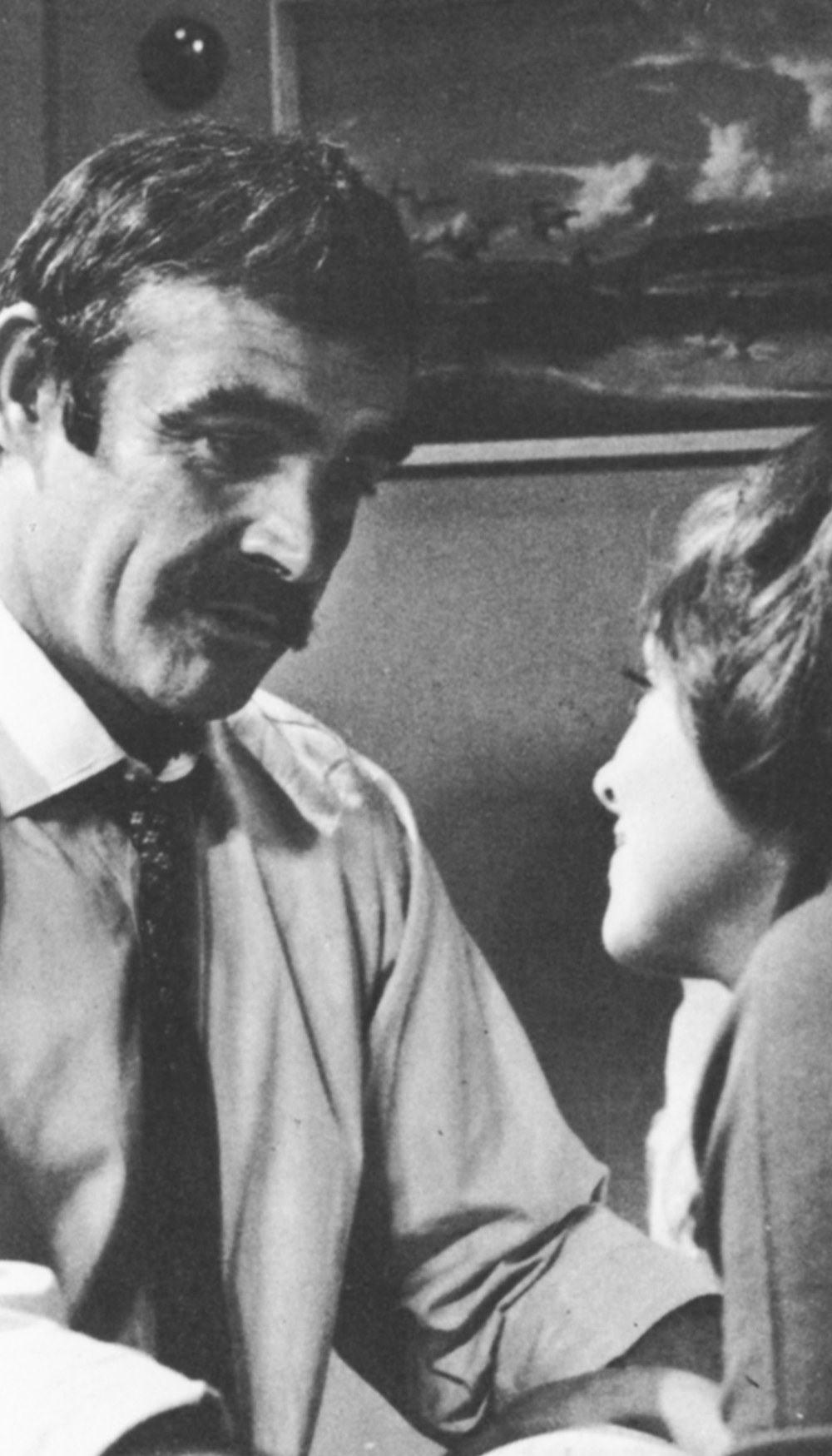
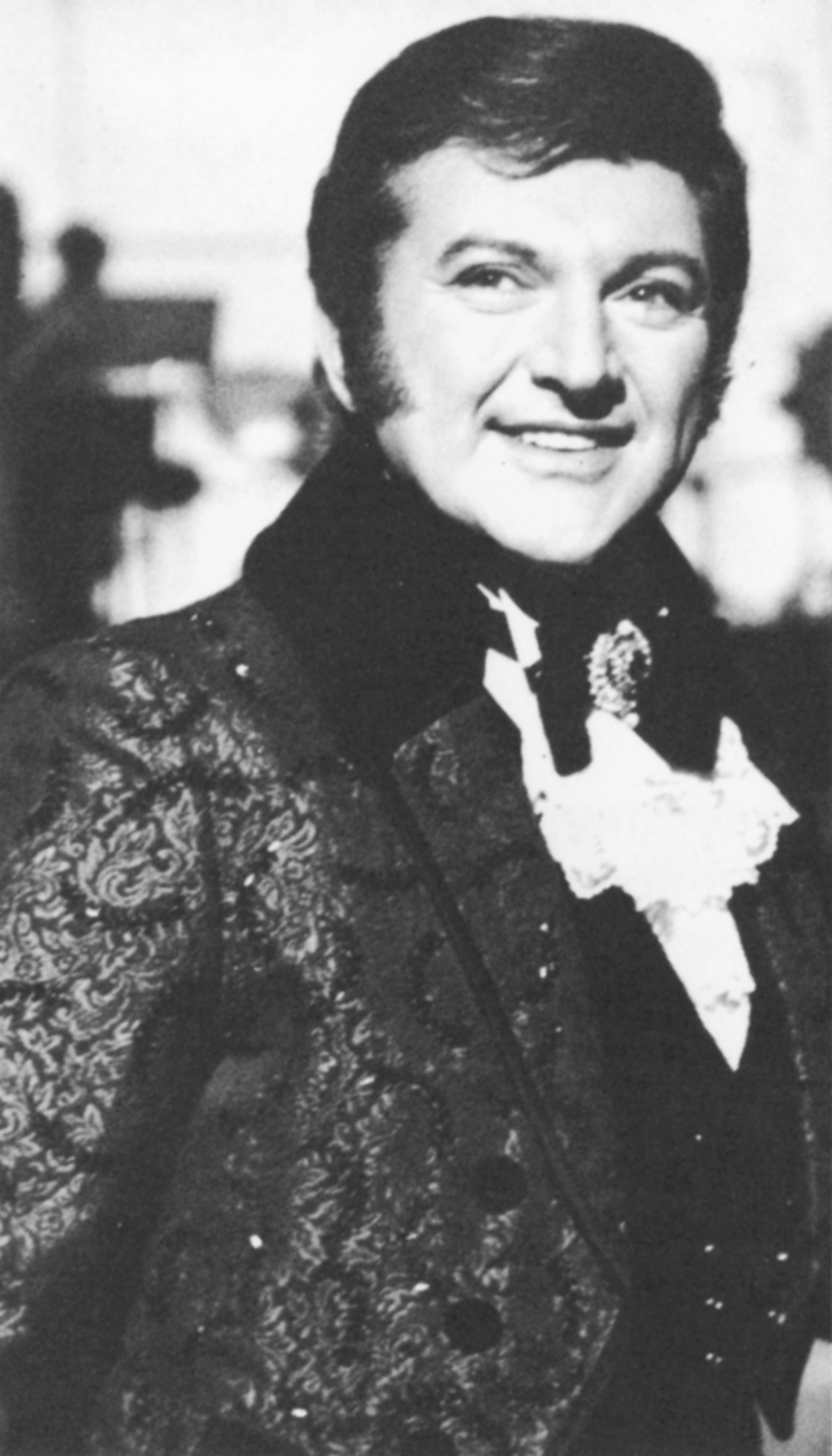
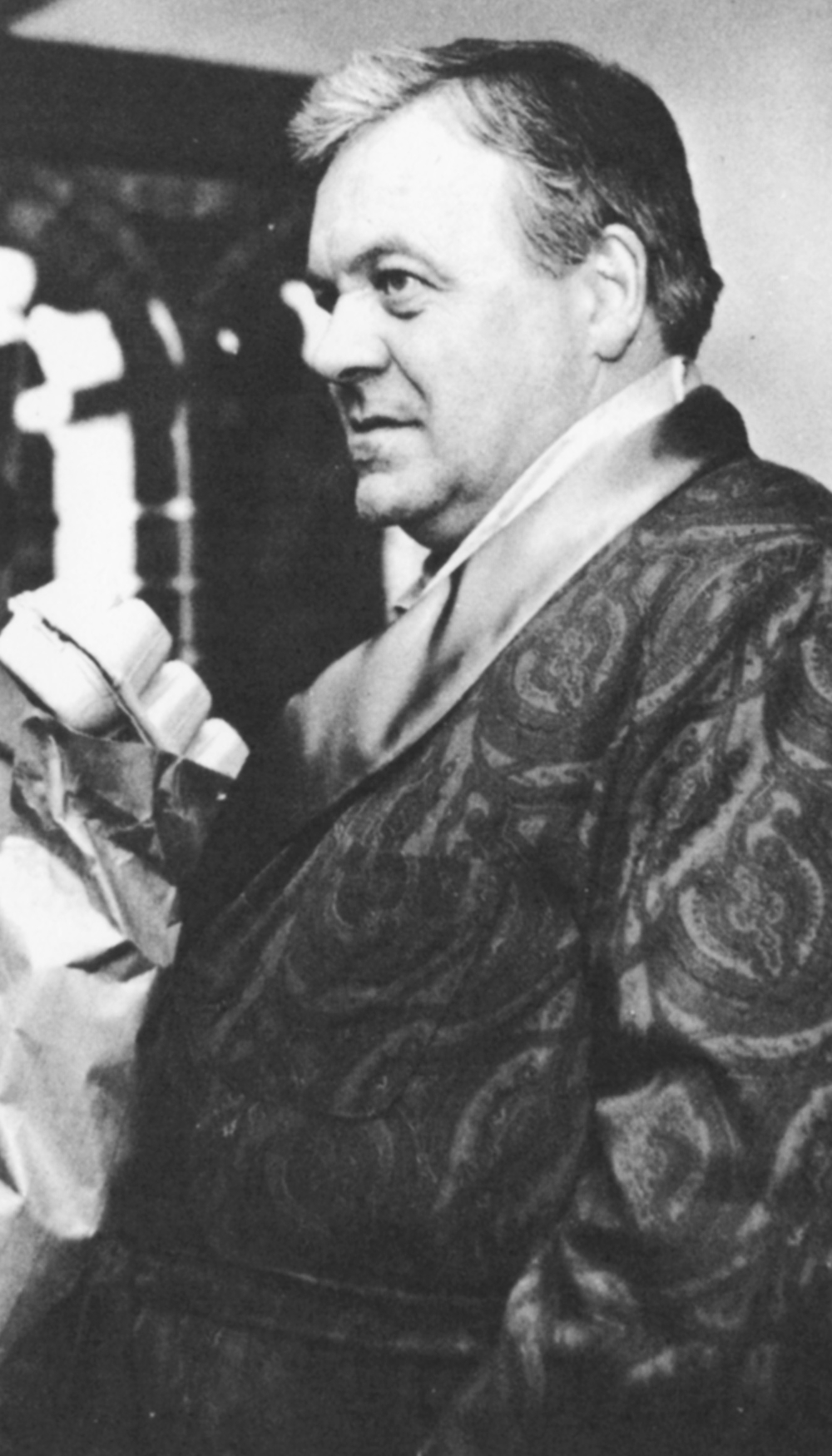
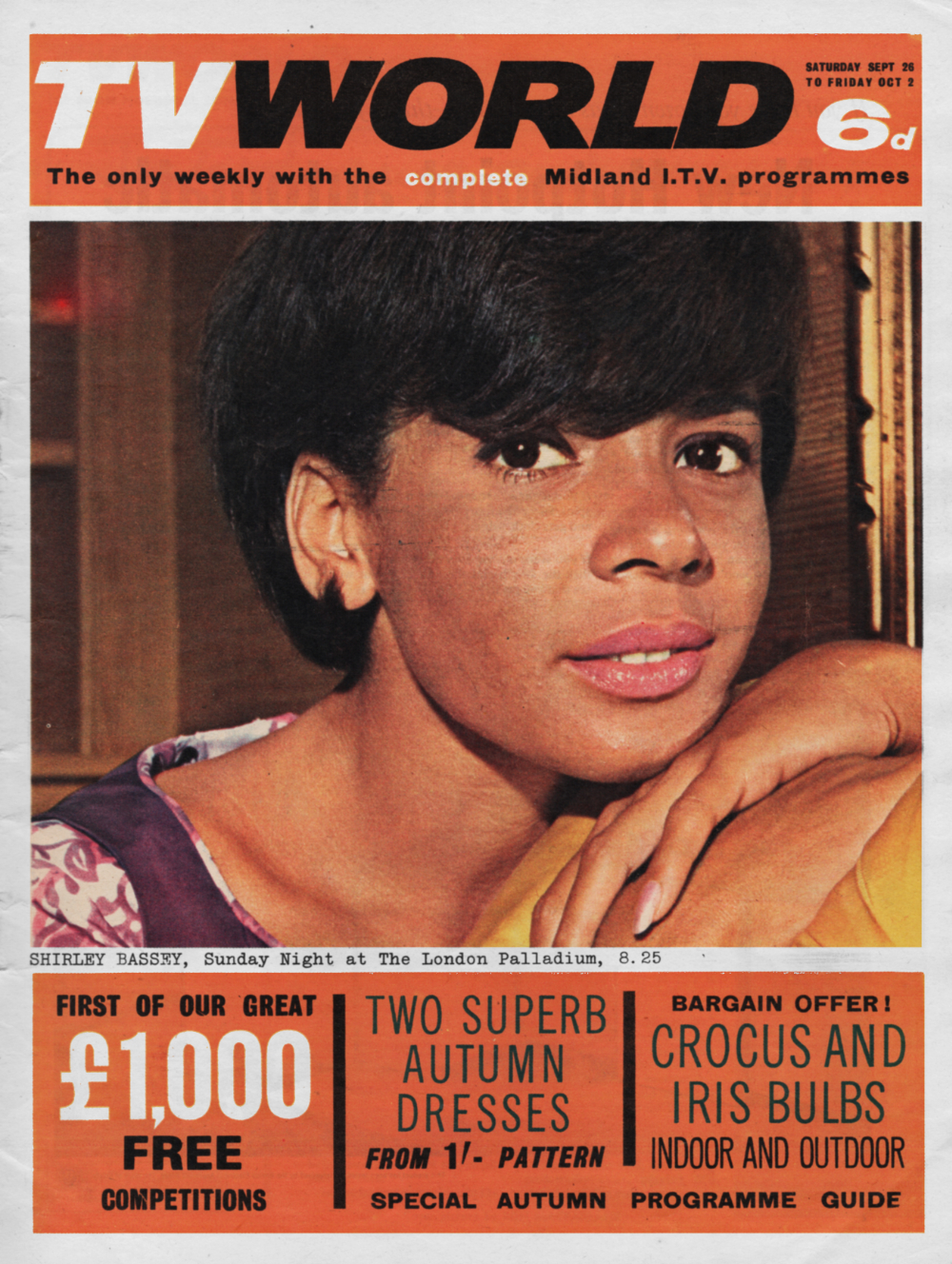
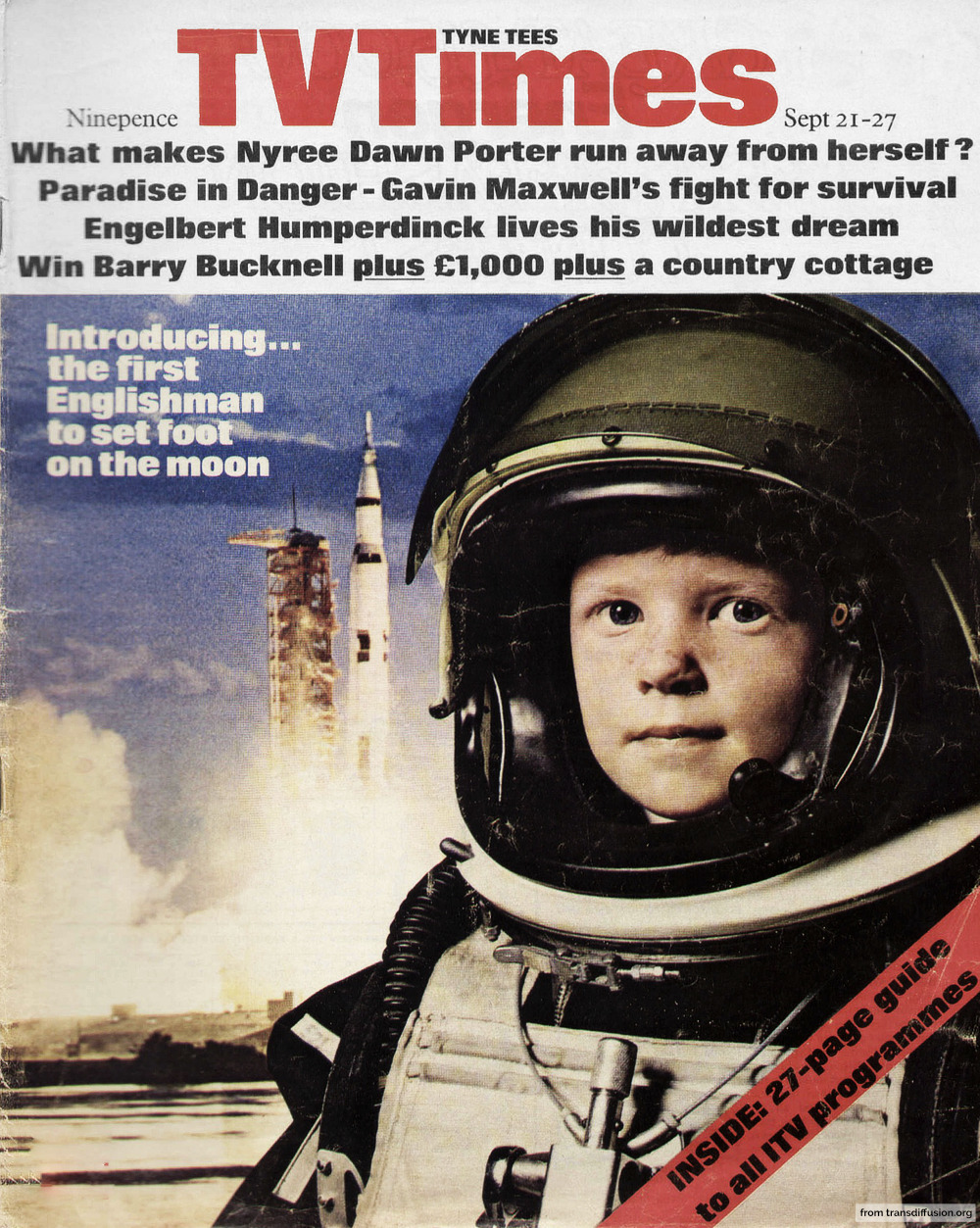

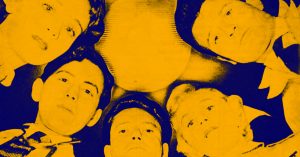
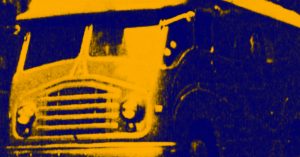
In the paragraph “Amongst those appearing in our programmes have been the following”, you have listed them in alphabetical order – however, (Anna) Calder-Marshall begins with C, not M! Hyphenated surnames are always filed under the first part!
I’m afraid you need to travel back to 1969 and take that up with the typesetters of the original report.
Maybe I could borrow H E Cooper’s time machine and, after I have done that, go, armed with a video recorder and some converter device that would convert the old 405-line signals to 625-line ones, then record several days of telly from when it first started to now, then get that bloke who has spent a lifetime colouring in Jon Pertwee Doctor Who episodes and Dad’s Army episodes that were made in colour, but the colour was lost, and record stuff that, originally, was never recorded – that way, there’s a record of what happened – all those plays and one-off dramas believed lost or wiped are now not only found, due to a time machine c/o H E Cooper, the time travelling exploits of Arthur Leslie Vasey and that bloke with the VidFIRE machine – are now available in full colour – not remounted with modern actors, not animated, not shown as a combination of Tele-Snaps, existing footage of the original episode and animation or puppets – might seem strange to people who saw it first time round – maybe even record the news, both local and national and give it all to Transdiffusion, so it can be told more accurately!
If only I could!
Well said Arthur! I agree about Han Cooper’s remarkable contribution to TBS!!
Kif Bowden-Smith. Founder. TBS.
The mention in the above article about the “tiny” extension of the broadcasting hours limits is very interesting. During the 1968 change over of ITV franchises, the ITV companies had petitioned the government to lift all broadcasting hours limits on television. The then Labour government did not agree, as many commentators have said, Labour of 1968 wanted to keep ITV under a very strict lead.
The increase was very tiny – an extra half hour of programming per day permitted. Meaning the weekday increase from 7 hours to 7.5 hours per day, and on Saturdays/Sundays the increase from 7.5 hours to 8 hours per day.
Not much, but it was a start. The next increase came around 1971 when BBC and ITV were given 8 hours per day, seven days a week as their allowance.
Thankfully, the Edward Heath conservative government, elected in June 1970 to everyone’s shock and surprise (including Harold Wilson who called the election for June 1970, thinking he would win) led to Heath actually doing one good thing, lifting all broadcasting restrictions on television hours, with the announcement given in the House of Commons on January 19th 1972, with the then minister Christopher Chataway announcing the complete lifting of all restrictions on broadcasting hours for both television and radio with “immediate effect” according to the Hansard report on the announcement in the Commons.
Finally by October 1972, a full codified, linked daytime schedule was running on ITV, who from the spring of 1972 used the lifting of the restrictions to gradually increase their daytime output month by month, leading up to the Monday 16th October 1972 relaunch.
Even the financial trodden BBC offered a near linked daytime service, with the launch of Pebble Mill at One for example.